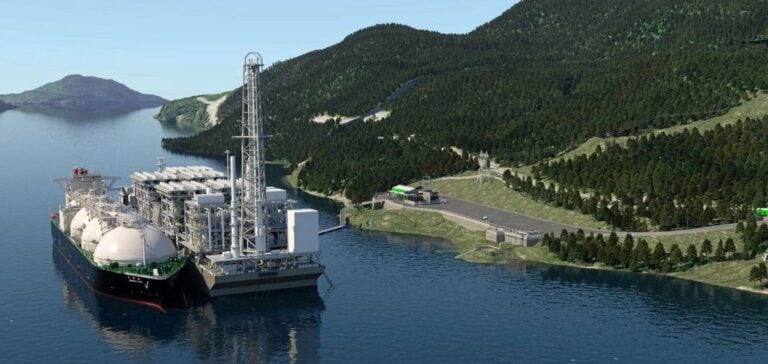Steelhead LNG, a Vancouver-based company specializing in liquefied natural gas (LNG), has filed a lawsuit against Cedar LNG, ARC Resources, and Pembina Pipeline Corporation. The lawsuit centers on the alleged unauthorized use of confidential information that facilitated the development of a major energy project in British Columbia, valued at approximately $1 billion.
According to Steelhead LNG, sensitive data shared with ARC Resources was exploited to secure critical funding for Cedar LNG’s project. The company seeks damages, an injunction to prevent the continued use of its information, and the removal of ARC Resources from the project.
Serious accusations involving executives
Steelhead LNG also accuses Marty Proctor, former CEO of Seven Generations Energy and current board member of ARC Resources, of involvement in what the company describes as inappropriate conduct.
Victor Ojeda, president of Steelhead LNG, stated: “It is clear to us that Cedar LNG could not have secured the necessary funding without ARC Resources’ involvement, made possible through practices we consider unethical.”
New patents to strengthen the defense
Alongside this legal action, Steelhead LNG announced it has obtained three additional patents in the United States. These patents enhance the legal protection of its innovative coastal LNG terminal technologies. Combined with patents already held in Canada, South Korea, Australia, and Mexico, they bolster Steelhead’s intellectual property portfolio against competitors.
Additionally, Steelhead LNG is pursuing litigation in South Korea against Cedar LNG and Samsung Heavy Industries for patent infringement, expanding its legal efforts to safeguard its innovations.
A competitive energy market
These legal disputes highlight the increasing competition in the LNG sector in British Columbia, a key region for energy exports to Asian markets. Conflicts over intellectual property and business practices underscore the challenges faced by innovative companies seeking to secure their positions in this strategic market.





















